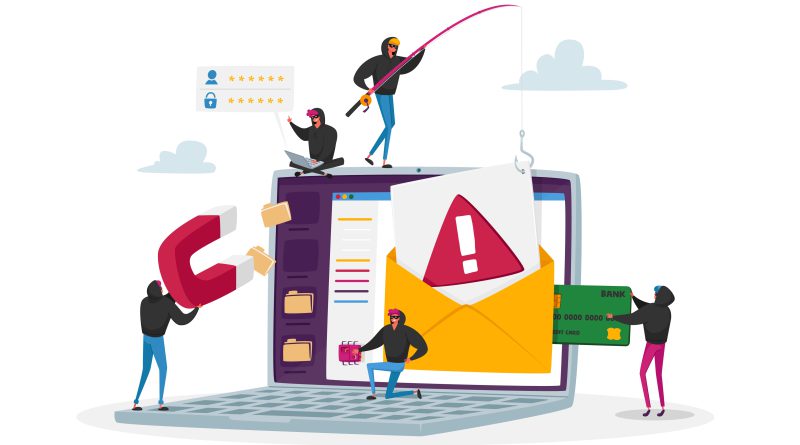Top 10 Ongoing Online Scams
We are now living in the digital age where most of our time is spent browsing online and checking things over the internet. As we continue to live a digital lifestyle, there are looming threats that could affect not just us, but also those we love like our kids or parents who are most vulnerable.
Top 10 online scams
Let’s go through the top 10 scams currently circulating and causing harm online.
1. Nigerian Scam
One of the oldest scams out there. A scammer will send an email claiming that they are from a wealthy family in Nigeria or African country and will seek your help to transfer their wealth. They will promise to provide you a share of their riches in return for covering a certain fee needed to do the deed. In most cases, you will never see this money again.
2. Cryptocurrency Scams
The boom in cryptocurrency has prompted cybercriminals to find ways to tempt people to get involved. They will encourage you to invest in certain companies that are about rise, but eventually, your investment will lead to nothing.
3. Dating and Romance Scams
With the rise of dating apps, there are cybercriminals that will use these apps to pray on users who are vulnerable. They will spend time getting to know you via a fake user profile and declare their love for you very quickly. Once they have gained your love and trust, they will ask for money to be transferred and once done, won’t respond to you again.
4. Shopping Scams
E-commerce and online stores are now a trend since it provides convenience to people by buying items online without stepping out of the house. With this, there will be online stores or an email offering branded, high-end, or quality products for a reasonable or cheaper price. But at the very end, you ended up with no product delivered on your doorstep.
5. Fake Internet Security Software
Non-tech savvy users online may be deceived by some messages informing them that their machine is infected with viruses and threats and would require them to download particular internet security products. What ends up happening is that users will most likely download the virus itself.
6. Account Failure
You will receive an email informing you that there’s an issue or error on your account and you need to sign in or provide more details to have it fixed. Once you provide your account details, cyber attackers will have access to your account credentials.
7. Free Item Scam
Upon visiting a certain website, a message will appear that you need to answer a survey and you will receive free items like the latest iPhone, new gadgets and more. You also need to provide personal information to qualify. After completing the survey, they now have your personal details. This also applies to free travel offers via cruise lines or airlines.
8. Digital Greeting Cards
Even if it’s no longer rampant, there are still few traces of this scam where a scammer will send Digital Greeting Cards to various email addresses. Once it is opened, it will download malicious software that could potentially steal your information.
9. Fake Charities
Every time there’s a catastrophic event locally or worldwide, donation and charity drives are created by scammers so that they can steal money from those who are just wishing to provide money for aid.
10. Work from Home Scams
When the pandemic hit, work from home was the solution for many. With this, scammers would try to fool people by advertising lucrative jobs which can be done from home. After completing the job, many are not compensated for their labour.
Avoiding online threats
All these scams share a few things in common, which can make it a bit easier to detect. Check out these top tips to avoid any risky scenarios:
- If it’s too good to be true, it probably is.
- Visit reputable sites.
- Avoid clicking ads and suspicious links.
- Close windows or tabs that suddenly appear while browsing.
- Verify directly with the company their contact information.
- Cross check details of promotions.
- Read and examine End User License Agreement.
- Guard and protect your personal information.
- Use internet security software, such as Trend Micro Device Security.
- Avoid public WiFi and use a VPN.
- When in doubt, NEVER click.

